Dhaka, Oct 30 (V7N)- Around 250 pipelines are releasing untreated sewage directly into the Buriganga River over a six-kilometre stretch, contributing to 30-40 percent of the pollution in one of Bangladesh's most polluted rivers, a recent study reveals. Conducted by the River and Delta Research Centre (RDRC), the study titled "Pollution Status of Dhaka Rivers" identified 251 sewage discharge points spanning from Sheikh Russel School in Kamrangirchar to Farashganj Bridge.
The investigation, led by RDRC Chairman Mohammad Azaz, found 137 pipelines discharging sewage on the left bank (Old Dhaka) and 114 on the right bank (Keraniganj side). Azaz suggested that redirecting these sewage connections to the Pagla Sewage Treatment Plant could mitigate this pollution for an estimated cost of Tk 25-30 crore. "Eliminating these 251 sewage lines could help reduce Buriganga’s pollution by 30-40 percent," he said.
Professor Ahmad Kamruzzaman Majumder from Stamford University’s Environmental Science Department identified untreated sewage, industrial waste, dumping points, and water vehicle discharges as primary pollution sources for the river. He emphasized that controlling sewage discharge is crucial to restoring the river's water quality, recommending the construction of small-to-medium sewage treatment plants (STPs) in multiple areas.
Prof Majumder noted that between June and September, some water quality indicators for the Buriganga remain within or near national standards. Outside this period, however, the water consistently exceeds permissible levels. The study also uncovered 257 waste dumping points along the river banks—148 on the right bank and 109 on the left—along with 93 industrial outlets discharging untreated effluent, with 35 on the left and 58 on the right.
In nearby rivers, additional pollution sources were found: 99 untreated sewage connections and 131 dumping points in the Turag, 10 sewage lines in the Balu, and 51 and 32 waste points in Tongi Khal and the Balu River, respectively. Azaz highlighted that the Turag, which supplies 90 percent of the Buriganga’s flow, is also heavily polluted, especially in Gazipur.
Azaz urged the government to implement a comprehensive action plan to eradicate untreated sewage and waste dumping along the Buriganga and Turag rivers, aiming to restore the Buriganga to its natural state. According to the World Health Organization (WHO), the Buriganga is one of the world’s most polluted rivers, with more than 60,000 cubic metres of toxic waste dumped into it daily from Dhaka city.
END/MSS/AJ



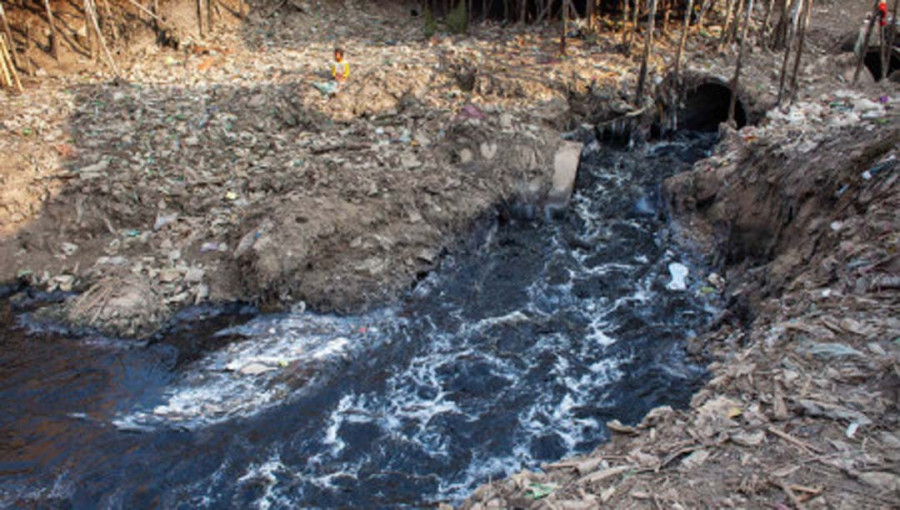
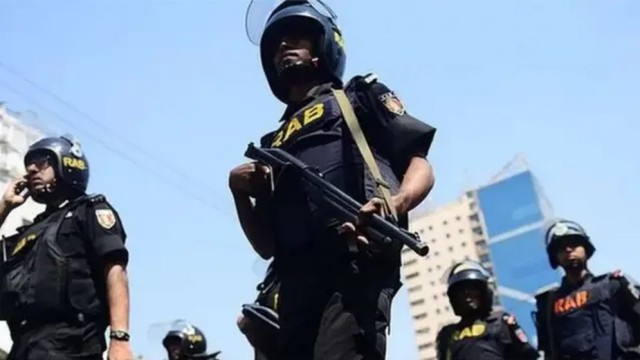
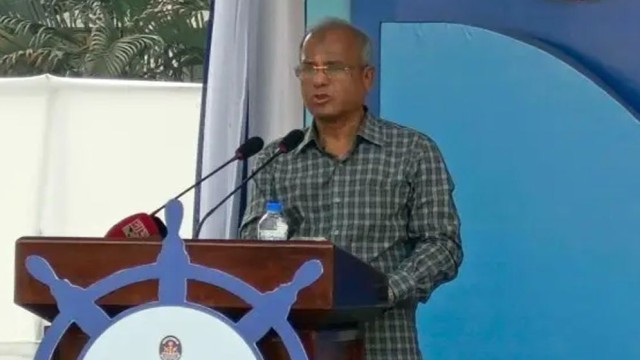
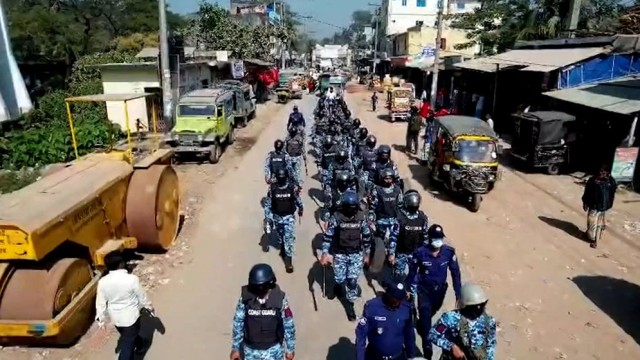
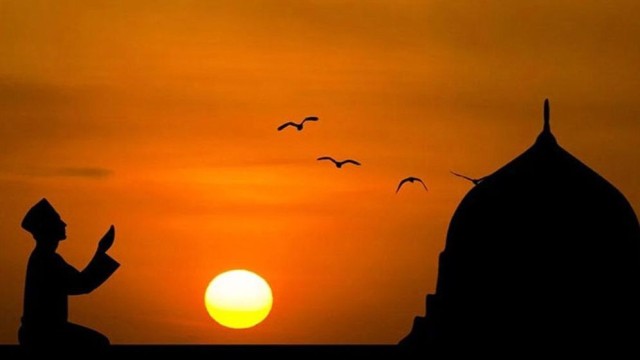
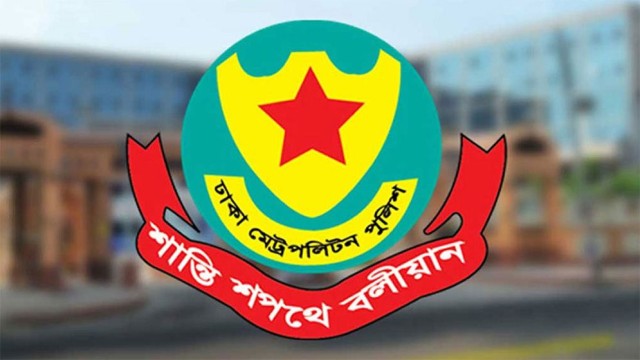
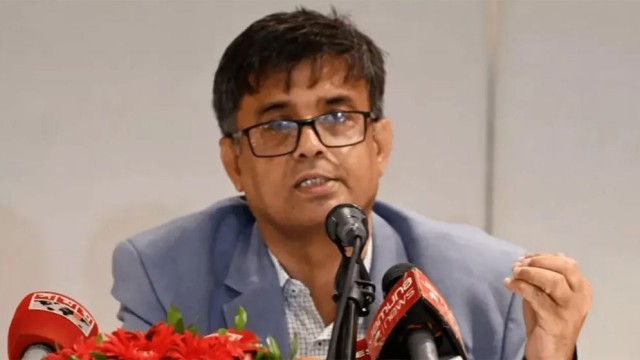

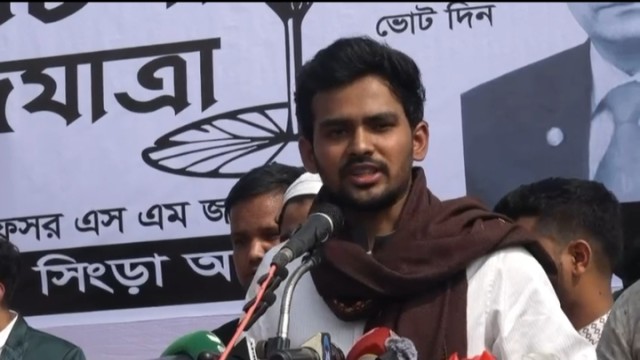
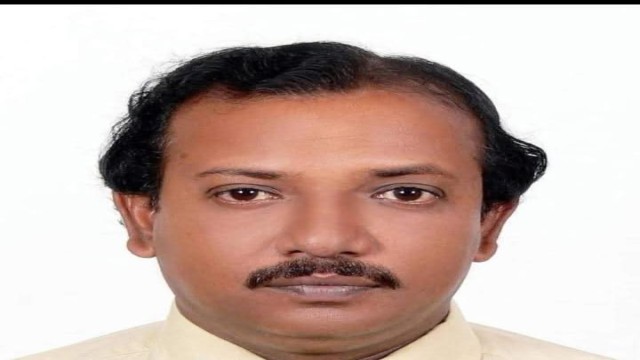


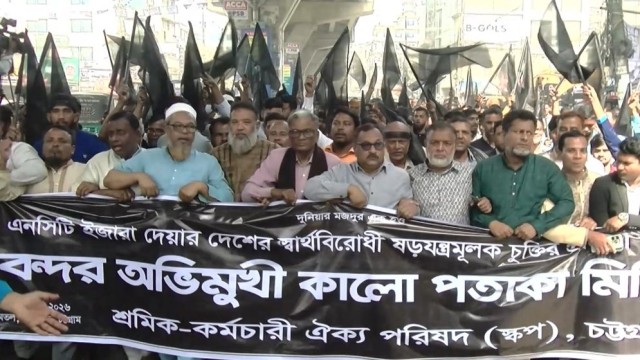
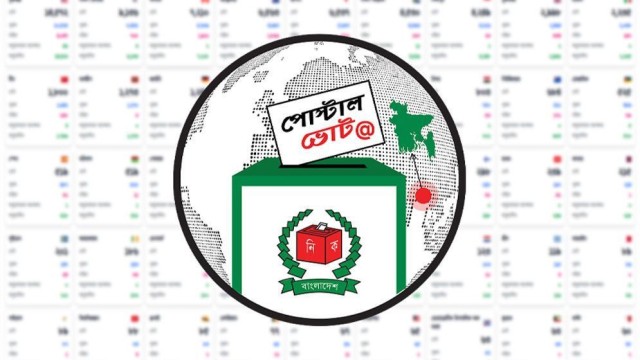
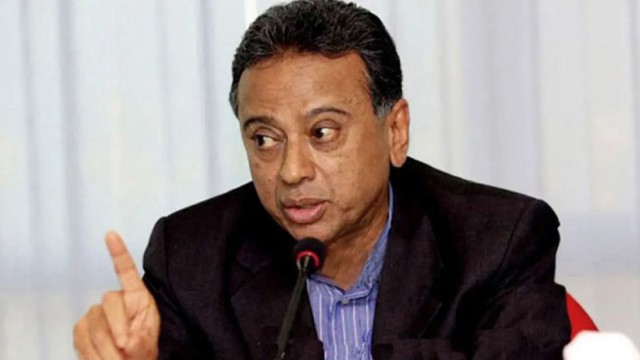

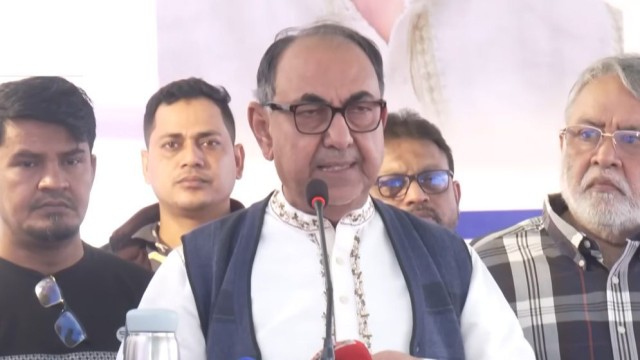








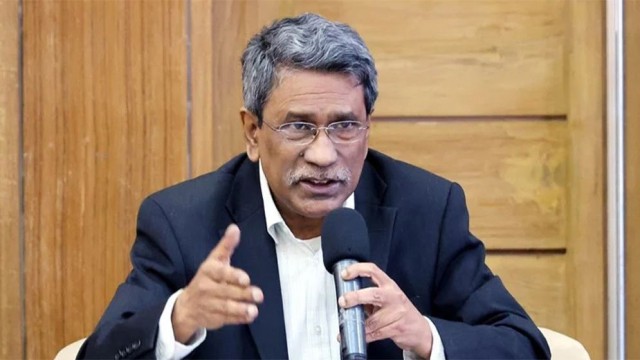
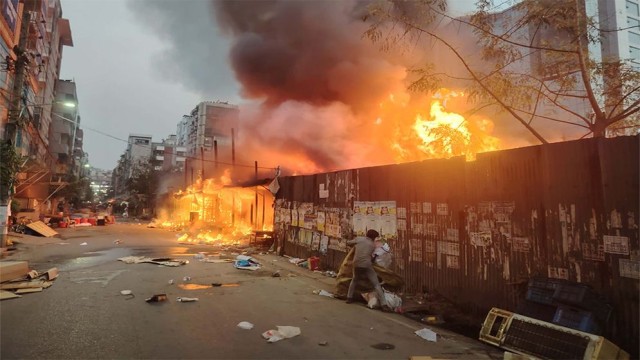

Comment: